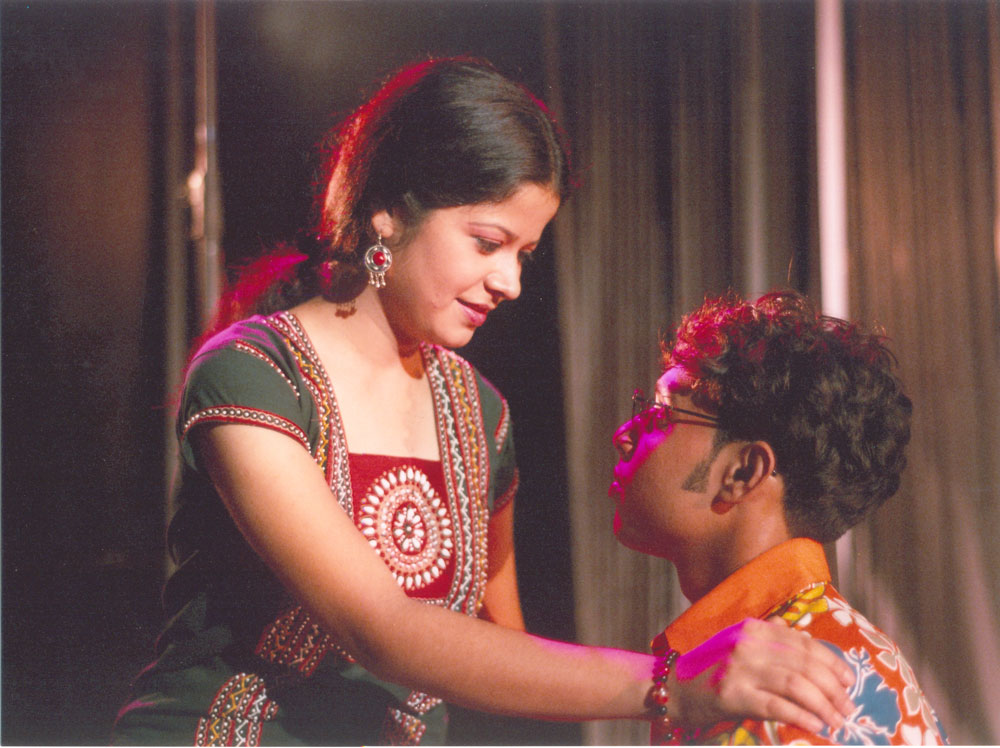Kishore Sengupta




Grant Period: Over three months
Kalyani Natyacharcha Kendra (KNCK) is a theatre organisation based in Kalyani, West Bengal. Started in 1996 by actor-director Kishore Sengupta, KNCK has been actively promoting the appreciation of theatre in and around Kalyani. This grant supports Kishore Sengupta to transform a 24-line Bengali poem into a full-length theatre production. The poem, Baborer Prarthana, (Babor’s Prayer) written by the eminent Bengali poet, Sankho Ghosh, is based on a popular historical myth associated with the Moghal emperor Babor. Myth has it that when Babor’s son Humayun fell fatally ill, his grief-stricken father prayed to the Almighty to revive his son and offered his own life in return for his son’s health and well-being. His prayer was granted and Humayun regained his vitality while Babor himself died within a few months. The poet himself has had a similar experience with his ailing young daughter and therefore feels a certain kinship with Babor. The poem, far from being just a mournful elegy of two fathers, rises to become a powerful statement against the unwarranted killing of young people all over the world and expresses a deep concern for the younger generation.
Actor-director Brathya Basu has dramatised the poem and written the script. While portraying the turbulent global context, Brathya has plotted episodes from the life of Babor and the poet. Kishore writes that the play is political but not propagandist. It creates “a political discourse against organised killings through genocide, holocaust, war, terrorism and invasion”. Against the background of the personal stories of Babor and the poet, this anti-war play makes references to the genocide in Gujarat, the bomb explosions in Mumbai, the brutal killing of the missionary and his sons in Orissa, the slaying of the Indian engineer in Afghanistan and the killing of innocent people in Iraq. Every scene questions the unjustified logic of killing, war and terrorism. The play is not linear or narrative in nature but something like a montage where a number of different events of a different time, space and locale have been interwoven.
Kishore will explore innovative production ideas in the mounting of the play. For instance, scenes in the play take place in diverse locations: 16th century Agra under Moghal rule, present-day Vadodara, Heathrow Airport, a nursing home in Kolkata and a jail in Orissa. To better understand how to use theatre space imaginatively, KNCK recently invited noted space designer, Jean Guy Lecat from France, to do a two-day workshop with the group on space designing. Hiran Mitra, who participated in the workshop, will be the space designer for Baborer Prarthana. Inventive use of lights and character movement will suggest and establish the shifting locations of the performance. Blocking, composition and choreography will be rehearsed and finalised during the first two months of 2007. Music will be composed and recorded in early March. The two-hour production will open in April 2007.
